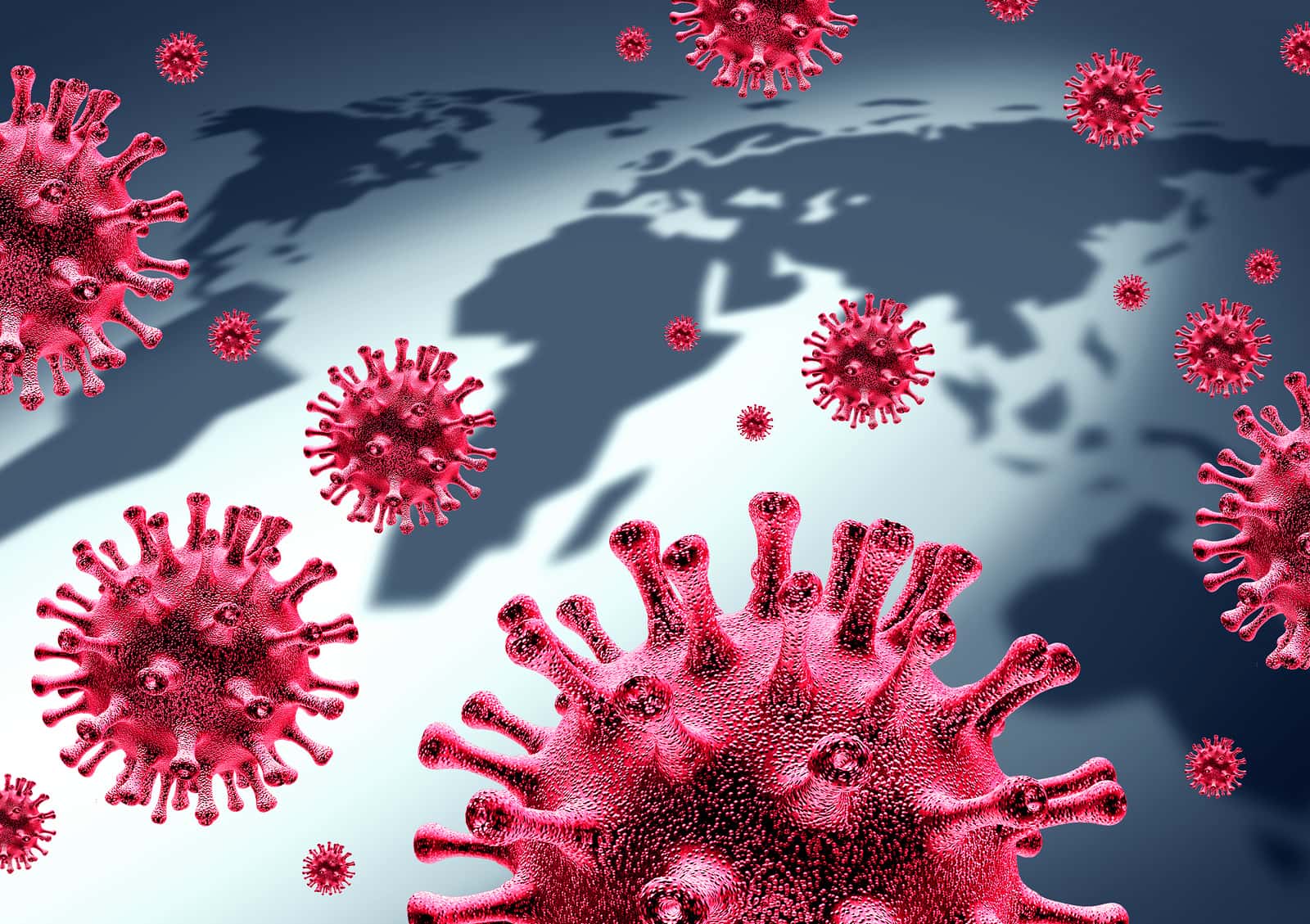
No one should be surprised that scientists found evidence of SARS-CoV-2 virus in the bodies of people who died from COVID-19. After all, this virus is known to be the cause of COVID-19. What has surprised researchers is the wide extent of viral RNA and even viable virus scientists found in the autopsied tissues. Doctors generally expect that such a virus would be limited to the tissues it damaged, such as the lungs. They also anticipate that after several days or a few weeks, people clear viruses from their systems. Consequently, they really don’t expect to find virus months later.
Autopsies Find SARS-CoV-2 Virus Spread Throughout Bodies:
Investigators at the National Institutes of Health conducted autopsies on 44 COVID-19 victims (Nature, Dec. 22/29, 2022). In one fourth of the autopsies, the scientists specifically analyzed brain and spinal cord tissue for evidence of the virus.
The researchers found virus or viral RNA throughout the bodies. They saw evidence of destruction in respiratory tissues. However, remains of the virus were also present in many other organs, including the brain. One person died 230 days after first experiencing symptoms. Despite that long lapse, viral RNA was widespread in the body.
The scientists concluded:
“Our data indicate that in some patients SARS-CoV-2 can cause systemic infection and persist in the body for months.”
Corroboration from Other Autopsies:
A preprint posted in October reached a similar conclusion (MedRxiv, Oct. 13, 2022). The Japanese researchers reported that they found high levels of infectious SARS-CoV-2 virus in more than half of the 11 autopsy cases they examined. They note that they found these viral remains up to 13 days after the individual had died.
SARS-CoV-2 Virus Changes Brain Tissue:
A different group of scientists also offer alarming conclusions from their separate study of autopsies (Nature Aging, Dec. 5, 2022). Harvard researchers examined the brains of 54 individuals who had died of COVID-19 and compared them to the brains of uninfected people who died from other causes. The investigators used a technique called RNA sequencing to discover the pattern of genes activated or suppressed by the SARS-CoV-2 virus.
They found that COVID-19 infection produces gene signatures in the brain resembling those of patients with Alzheimer disease. As a result, the brains of people with COVID appear to have experienced accelerated aging.
Perhaps these findings explain why so many people complain of brain fog even after recovering from the coronavirus. The scientists emphasize the importance of neurological follow-up for people recovering from COVID-19 infections. We will watch for further studies clarifying whether these changes in gene expression persist after people recover from the disease.
Citations
- Stein SR et al, "SARS-CoV-2 infection and persistence in the human body and brain at autopsy." Nature, Dec. 22/29, 2022. https://doi.org/10.1038/s41586-022-05542-y
- Saitoh H et al, "High titers of infectious SARS-CoV-2 in COVID-19 corpses." MedRxiv, Oct. 13, 2022. doi: https://doi.org/10.1101/2022.10.11.22280868
- Mavrikaki M et al, "Severe COVID-19 is associated with molecular signatures of aging in the human brain." Nature Aging, Dec. 5, 2022. https://doi.org/10.1038/s43587-022-00321-w

